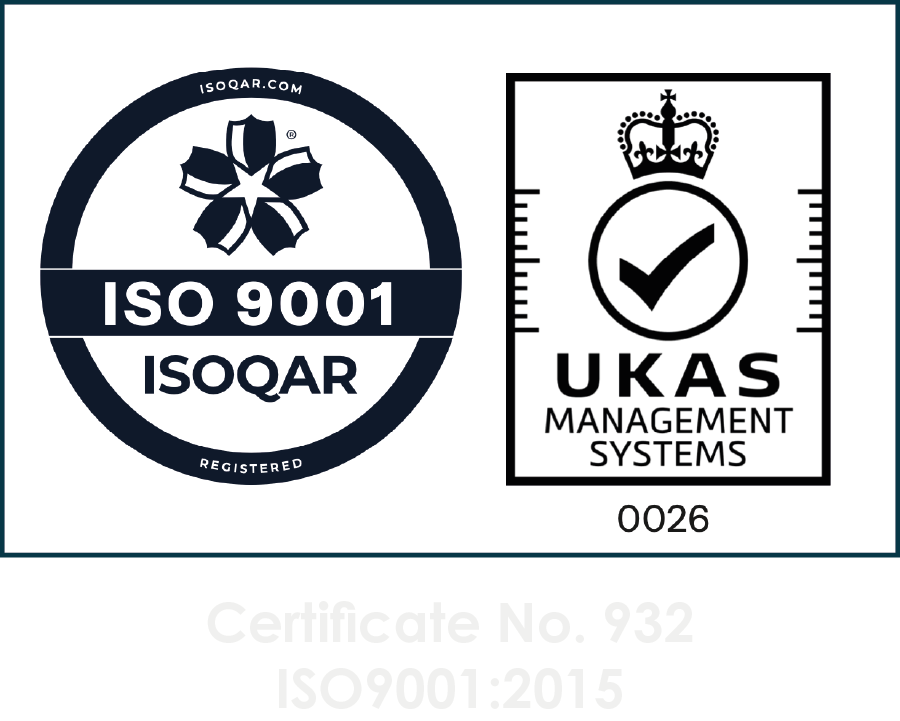If strategy is identifying how to achieve/exceed objectives, implementation is all about making it happen. It’s the follow through. Implementation is where the treasure lies – and it’s usually the biggest barrier to any business improvement programme initiative producing the expected outcomes. The primary elements of successful culture-changed based business improvement initiatives are: –
- Clear goals for everybody within the company that positively deliver the general strategy
- A method of measuring progress, or otherwise, towards those goals on a daily basis
- Clear responsibility, ownership and accountability for that process by everyone involved that is driven brilliantly by the managers and leaders
Those are the fundamentals. Beyond that, brilliant strategic execution requires having a systematic way of helping people grasp the current reality and then appropriately acting on it to exceed expectations every time, deliberately and on purpose.
Most companies don’t face their current realities very well. A key factor in leadership is to persuade people to face reality and then develop the “will” to want to do something positive to improve it. As Napoleon said, “A leader is one who faces reality … and deals in hope.”
You don’t need to be a business improvement guru to diagnose whether, or not, a company has a strong tradition of strategic execution and implementation … it’s generally apparent in several ways: –
- Levels of attrition of staff (and customers)
- Business outcomes being exceeded (or not!)
- The quality of the practices around hiring, on boarding and day to day performance management
- The levels of innovation and continuous improvement
- How effective you are at reducing costs, increasing productivity and efficiency
- Retention of top performers (or not!)
- Increasing the levels of the customer experience (or not!)
There are plenty of other tell-tale signs, here are some to consider: –
- People in the organisation feel ‘safe’ in expressing alternative viewpoints as it’s part of positive culture
- They feel that it’s their company and they want to make it special and great place to work
- They are not the first ones out the door in the evening, they pull together as a team to meet deadlines and manage workloads
Strong vs weak culture – what does this look like?
Have ever sat through a meeting run by the company head who asks, “Are there any questions?” and the silence is deafening … well, you get the idea! … no-one wants to contribute, or they dare not say anything in case they are made to feel foolish!
If meetings usually involve a protracted PowerPoint presentation packed with slides purporting to reveal all of the amazing things the presenting group has achieved; if others in the meeting sit quietly throughout, unwilling to ask questions or find flaws in floated ideas; if each person leaves the meeting without a clear understanding of what happens next and who is doing what; and if the lead supervisor sits quietly throughout then you definitely have every cause to be worried – this isn’t a culture of brilliant strategic execution.
Alternatively, if the presentation is brief and to the point; if the presenter sincerely highlights successes and difficulties; if others feel free to question and debate the presentation; if there is a common understanding among everybody in the room on goals and timelines and if participants leave the room with a clear feel of what needs to be done next, and who needs to do it, you are in all likelihood witnessing a strong culture of strategic implementation.
Interestingly it’s usually not the actions of the manager in the meeting room which will signal the nature of the culture. If a manager sits silently through an unquestioned presentation, he or she might be failing to do their job. The same goes for a manager that raises questions or suggests goals that are a surprise to others in the room.
However, if a manager sits silently because the presenter does a fair critique as others freely weigh in and as every person leaves the room with a clear feel of goals, timelines and next steps then the manager is doing their job: they’ve created a successful culture of strategic execution which soon can begin to govern itself.
Can you relate to any of these examples, or have you actually witnessed or been guilty of them?
To find out more about creating a strong and positive culture and getting things done, let’s arrange a meeting or call to discuss where you are now, where you need and want to be and how you’re going to get there before the media brings us all down with doom and gloom about the state of the nation! You can contact us via phone 01244 681068, email, or via LinkedIn.
Don’t take our word for it, what we do works, with everyone and everywhere.
- As a result of our work with an organisation in the manufacturing industry, they had seen a 12% increase in performance targets
- Another organisation in the transport sector had seen their profits increase by 64% in just one year.
- Also, after working with an organisation in the oil and gas industry, we helped them accelerate performance and achieve their growth plan of 5 years stretch in less than 2 years
And check out the positive impact our work has on organisations both large and small.



